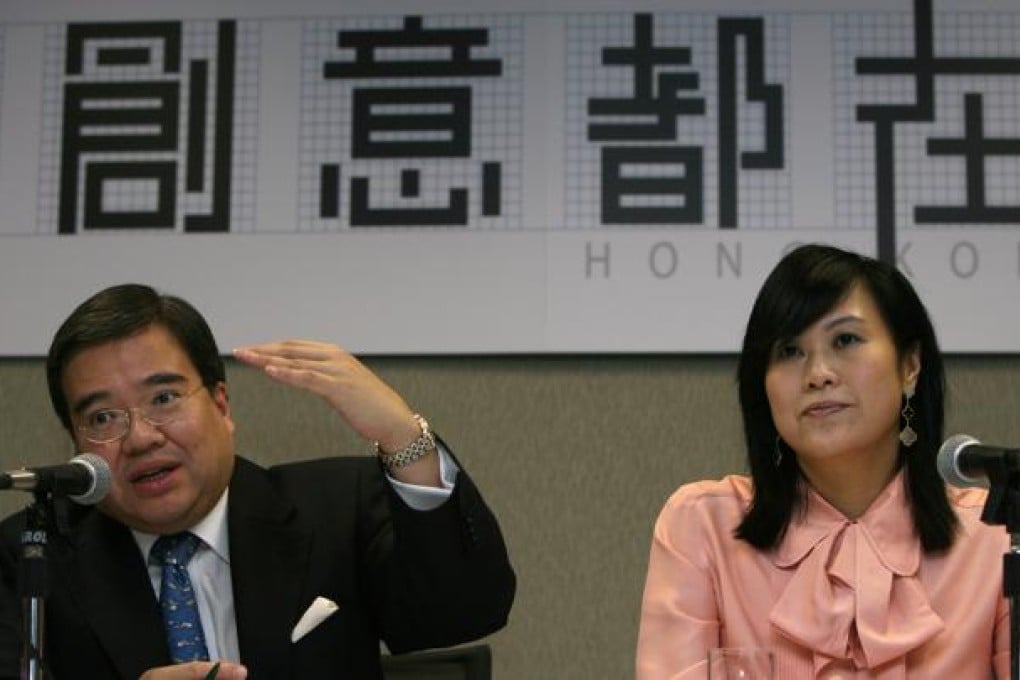
Hong Kong has no shortage of bodies specialising in public policy research. They range from well-established university institutes to independent think tanks financed by private donations. Over the years, their role in governance and politics has become increasingly important. Some have generated high-quality studies and stimulated healthy debate on issues of public concern. Some proposals won government support and became public policy. The Bauhinia Foundation, which is funded by allies of former chief executive Donald Tsang Yam-kuen, is an example.
Sadly, think tanks that are able to shape government policies remain a rarity. The majority of their work may only get a headline in newspapers. Just how many of their ideas have been taken up by the government remains unknown. In terms of political influence, local think tanks still lag behind their counterparts in the United States and Europe.
Think tanks emerged in the 1980s when the city's political future was put on the public agenda. But they were often seen merely as pressure groups, with their members soon co-opted into the government advisory machinery. The wake-up call for more public policy research did not come until 2006, when Tsang saw the need to encourage it.
The problems were put into perspective in an in-depth analysis in this newspaper last week. Policy decisions used to be monopolised by elite civil servants, with the pros and cons thoroughly examined before filtering to the top for final approval. But the ministerial system introduced in 2002 saw a fundamental change. The chief executive, together with politically appointed ministers drawn from outside the civil service, are often keen to see quick results and tend to impose policy decisions in a top-down manner. The shift away from the civil service has, therefore, opened up more room for think tanks to flourish. That said, some are closely affiliated with people in power, so much so that their fate is also tied to their rise and fall. That explains the Bauhinia Foundation's switch to a lower profile after Tsang's departure.
Sound policies and good governance go hand in hand. Politicians come and go, but the need for well-researched policies is perpetual. As we move towards universal suffrage, expectations on policies and governance are expected to grow. It is essential that think tanks be allowed to further develop and play a bigger role in politics.
